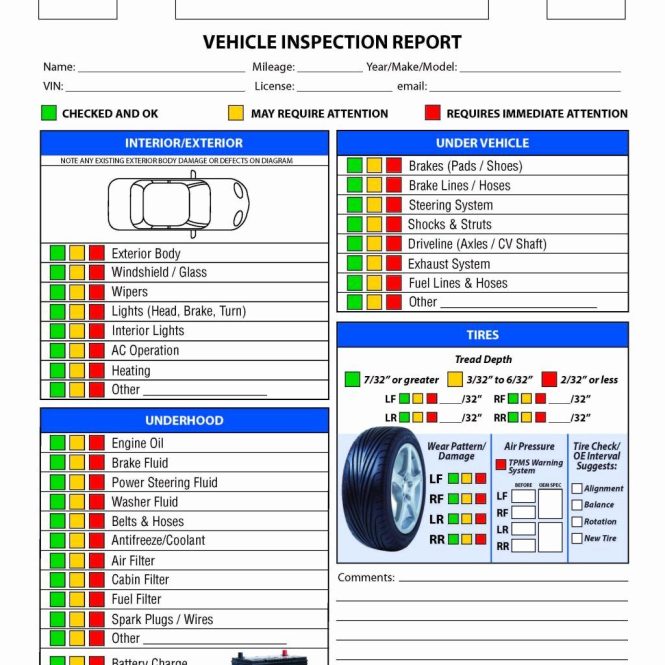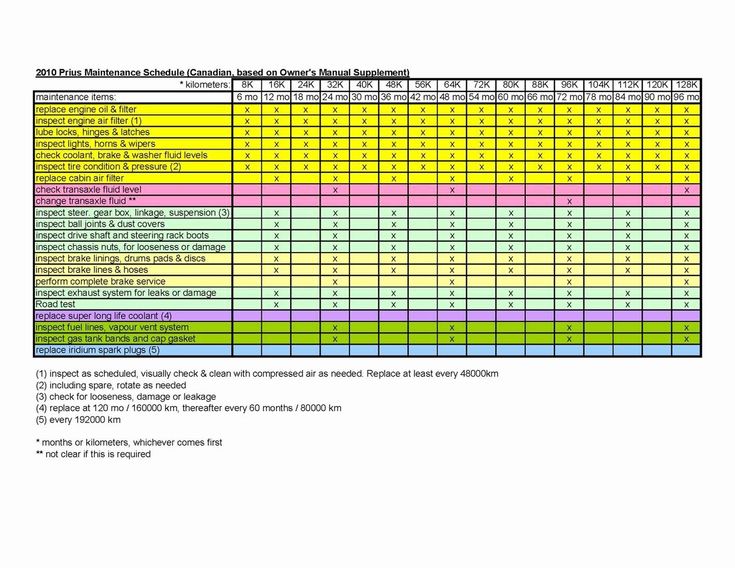

Managing vehicle maintenance schedules effectively is paramount for any business relying on a fleet of vehicles. A well-structured schedule not only keeps your vehicles running smoothly but also protects your bottom line by minimizing unexpected repairs and downtime. This article will delve into the best practices for establishing and maintaining effective vehicle maintenance schedules for your business. We’ll explore the critical steps to ensure vehicles are maintained efficiently and cost-effectively. We’ll also discuss the key benefits, how to identify problems, and practical solutions, covering various aspects like preventative maintenance, records, and communication. Let’s get started!
Establishing a Robust Vehicle Maintenance Schedule
Understanding the Importance of a Schedule
Maintaining a consistent schedule is the bedrock of effective vehicle maintenance. Without a structured plan, maintenance tasks tend to be postponed, leading to costly breakdowns and decreased vehicle lifespan. A well-defined maintenance schedule outlines routine inspections, tasks, and deadlines, minimizing potential issues and maximizing vehicle uptime. For instance, a company with a schedule in place for oil changes and tire rotations may see a dramatic reduction in major repairs and unexpected shutdowns compared to a company that simply reacts to problems as they arise. A solid maintenance schedule improves efficiency by anticipating issues.
Prioritizing Preventative Maintenance
Proactive Maintenance Strategies
Preventative maintenance is a cornerstone of effective vehicle maintenance scheduling. Rather than waiting for parts to fail, a preventative approach focuses on regular inspections, replacements, and repairs. This approach minimizes potential problems and extends the lifespan of vehicles. For example, regularly replacing air filters can prevent costly engine problems. A proactive approach to oil changes and fluid checks helps maintain the engine’s optimal condition and protects against costly damage. Regularly scheduled maintenance can also enhance vehicle performance by identifying small issues before they escalate into significant problems. Consider a proactive approach to protect the longevity and reliability of your vehicles.
Accurate Record Keeping for Effective Tracking
Importance of Detailed Records
Maintaining accurate records of all maintenance activities is critical for effective vehicle management. Records should include dates of service, parts replaced, labor costs, and any noteworthy observations. These records provide valuable data for future maintenance scheduling, helping to anticipate future needs and proactively address potential issues. Well-maintained records also facilitate accurate tracking of vehicle history and provide crucial documentation if there are warranty claims or insurance issues. Tracking also provides valuable insights into your maintenance costs. For instance, if a particular part is failing more often than expected, the record-keeping allows the maintenance team to investigate the root cause and take corrective actions. The efficiency of operations depends largely on accurate records.
Effective Communication Strategies
Communication and Collaboration
Clear and consistent communication between drivers, maintenance personnel, and management is vital for efficient vehicle maintenance. Regular communication ensures that drivers promptly report any issues they encounter, ensuring that vehicles are taken for maintenance. Furthermore, regular feedback sessions allow personnel to identify areas for improvement and enhance efficiency. This approach fosters a collaborative environment where everyone is actively involved in maintaining the fleet, such as using a fleet management system that allows for real-time data sharing and immediate response to maintenance issues. Effective communication can dramatically improve vehicle upkeep.
Related Post : Fleet Vehicle Downtime Hurting Your Business? Minimizing Disruptions.
Utilizing Technology for Optimized Scheduling
Streamlining Vehicle Maintenance
Utilizing software for vehicle maintenance scheduling can significantly streamline operations. Software solutions often provide features such as automated reminders, scheduling tools, and reporting capabilities, saving time and effort. Modern software can even integrate with existing vehicle diagnostic systems to help predict necessary repairs and prevent unexpected issues. This system helps to allocate resources and ensures that the maintenance department can anticipate requirements in advance. By implementing technology, companies can save time and resources and increase their overall efficiency.
Question 2: Why is vehicle maintenance scheduling important for a business?
Answer: A robust vehicle maintenance schedule is vital for a business because it improves vehicle uptime, reduces unexpected breakdowns, extends the lifespan of vehicles, and minimizes repair costs. A well-managed schedule can save time and resources by proactively addressing potential problems, reducing costly repairs in the future, minimizing downtime, and optimizing the utilization of the fleet.
Question 3: How can I track the effectiveness of my vehicle maintenance schedule?
Answer: Track the effectiveness of your vehicle maintenance schedule by monitoring key performance indicators (KPIs) like vehicle uptime, repair costs, and maintenance completion rates. Analyzing data and comparing results against historical trends will highlight areas where improvements can be made. Regular reviews and adjustments to your schedule based on collected data will ensure that your maintenance processes remain efficient and effective over time.
In conclusion, effectively managing vehicle maintenance schedules is crucial for the smooth operation of any business. By implementing a proactive approach that includes preventative maintenance, accurate record-keeping, and clear communication, companies can save money, minimize downtime, and improve overall fleet efficiency. Consider implementing a software solution for vehicle maintenance scheduling to streamline these processes further. Contact us today for a free consultation to discover how we can help optimize your vehicle maintenance strategies.